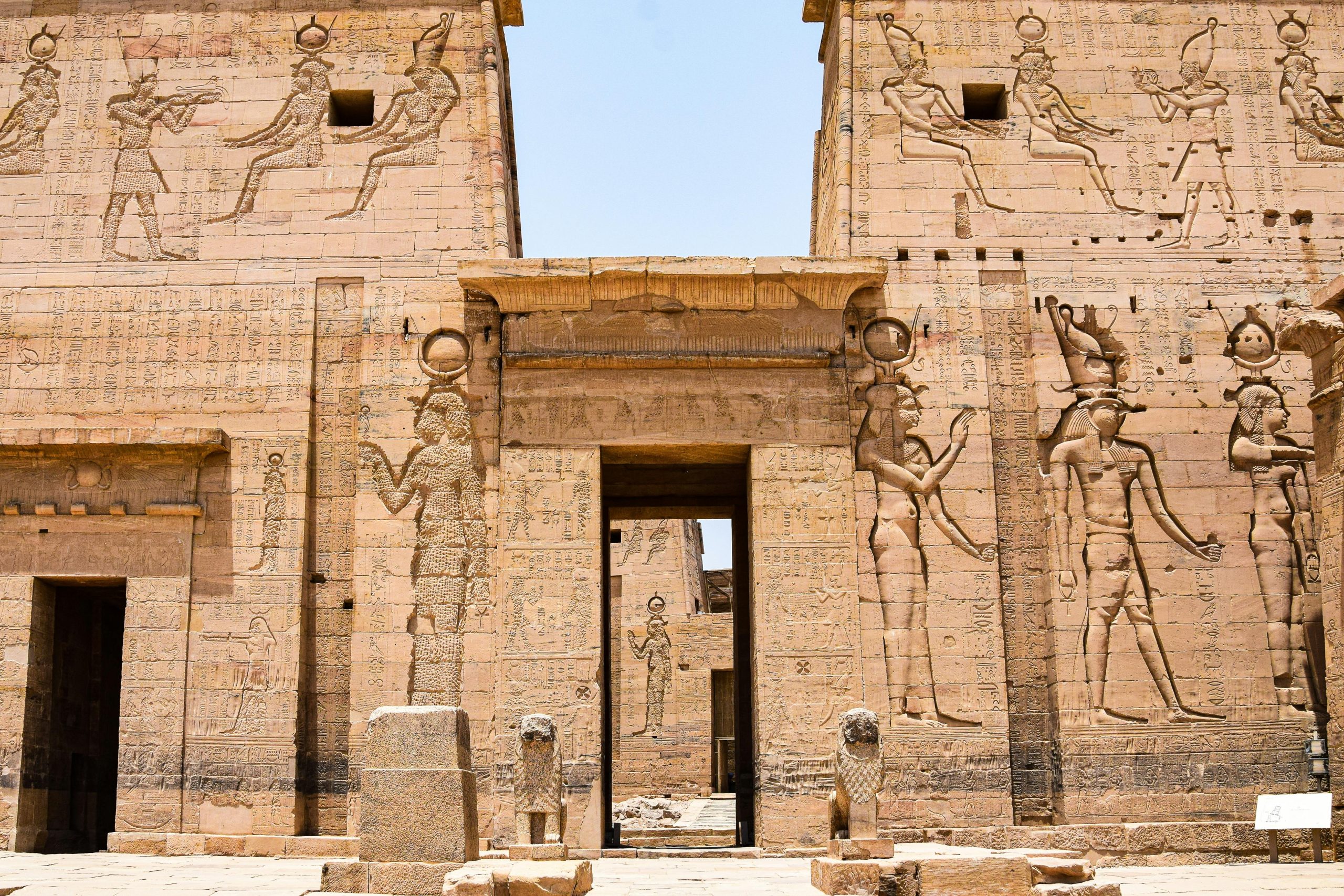Title: The Controversial Theory: Did the CIA Create ISIS to Destabilize Syria?
In recent years, a provocative theory has emerged surrounding the creation of ISIS, suggesting that the CIA may have played a role in its formation as a means to destabilize Syria. Proponents of this theory argue that the rise of ISIS was strategically orchestrated to undermine the regime of Bashar al-Assad, particularly in response to his refusal to permit American corporations to construct a lucrative gas pipeline through Syrian territory.
This idea stems from a complex interplay of geopolitical interests and conflicts in the region, where control over energy resources and transportation routes has historically been a significant factor in the actions of various global powers. The implications of such a theory raise important questions about the nature of foreign involvement in Middle Eastern affairs and the unintended consequences that can arise from covert operations.
While mainstream narratives often depict ISIS as a purely ideological group emerging from the chaos of the Syrian Civil War, this alternative perspective suggests that external forces might have catalyzed its rise for strategic purposes. The conversation surrounding this topic remains contentious, prompting discussions about the ethics of foreign intervention and the lasting repercussions of such decisions on the lives of millions.
As we delve deeper into these theories, it’s crucial to approach the subject with a critical mind, considering the myriad factors at play in the region. Whether or not one subscribes to the idea of CIA involvement, it is undeniable that the crisis in Syria is a complex tapestry woven from political, economic, and social threads that require thorough examination to understand fully.
In summary, the narrative of foreign influence in the creation of militant groups like ISIS invites us to critically evaluate historical events and the motivations behind them, urging us to consider how these dynamics continue to shape the modern geopolitical landscape.



